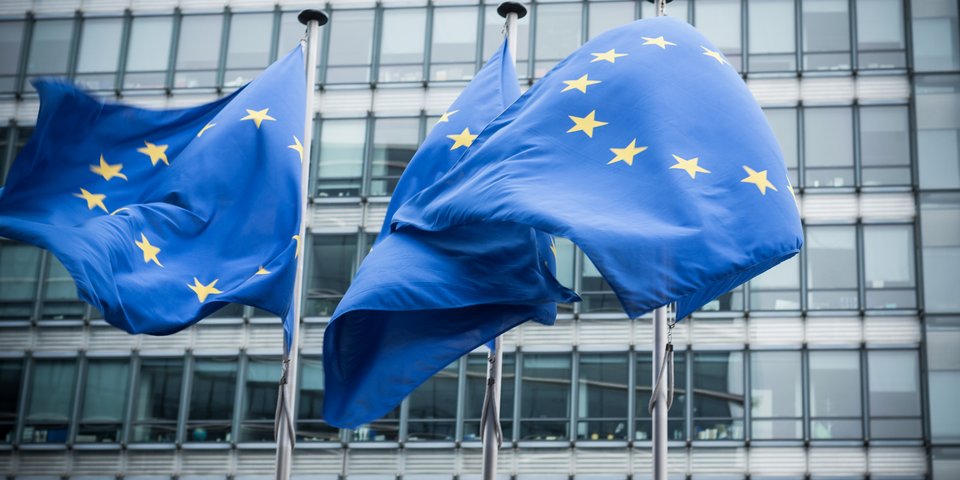 iStockphoto-inakiantonana
iStockphoto-inakiantonanaStrategic planning
The EU agencies' management plans for 2024 were published on 8 May.
UM – 05/2024
Each year, the European Commission's institutions
and agencies define their most important measures for the coming year and
describe how they will contribute to achieving the overall objectives. The
specifications are based on the Work
programme of the Commission. Each European
Commission agency draws up a management plan that sets out the main activities
for the year and explains how these contribute to the strategic objectives set
- currently for the period 2020 to 2024. The plans were published on 8 May.
Here are a few highlights:
Management plan of HERA
For example, the Management Plan of
the Health Emergency Preparedness and Response Authority (HERA) of 12 January shows that this year it will continue
supporting research and development of effective, safe and affordable medical
countermeasures for the health
threats that have been classified as high priority. In summer 2022, it classified the following as priority health
threats: pathogens with a high pandemic potential, chemical, biological,
radiological and nuclear threats and threats due to antimicrobial resistance.
Procurement activities for vaccines and therapeutics will also continue. A
vaccine library is also to be set up together with the American crisis
management agency BARDA and the global vaccine alliance CEPI. Furthermore, the
development of innovative diagnostic devices is to be financed and a system for
clinical trials for medicinal products is to be set up. In the event of a
health emergency, HERA must switch to crisis mode. Response plans are currently
being developed for emergency preparedness. These are to be tested next year
with those involved in exercises to determine their suitability and potential
for improvement.
Management plan of DG SANTE
The Management
Plan of the Directorate-General for Food Safety and Health (DG SANTE) of 22 January 2024 once again emphasises the
importance of the One Health approach, which links the two areas of DG SANTE -
food safety and public health - in terms of content. In addition to the further
implementation of the pharmaceutical strategy and combating shortages of
critical medicines, the agenda also includes a number of things that have
already been achieved. For example, the interinstitutional negotiations on the
European Health Data Space (EHDS) were concluded on 14 March this year. DG
SANTE also intends to continue its efforts to reduce the administrative burden
associated with its legislation for European companies by 25 per cent. Specific
measures include the gradual introduction of the EUDAMED IT tool, a platform
for the digital exchange of information on health technology assessments at EU
level. At international level, the Directorate-General wants to work towards a
global One Health solution for pandemic prevention, preparedness and response.
Management plan of DG EMPL
The Management
Plan of the Directorate-General for Labour and Social Affairs (DG EMPL) of 19 January includes further legislative work on the
protection of workers from carcinogens, mutagens and reprotoxic substances and
on the directive for a Europe-wide framework for quality work placements. DG
EMPL has also already finalised work, for example on the guideline for platform
work. This was agreed in a trialogue on 8 February. Work will continue on the
progress report on the action plan to implement the European Pillar of Social
Rights (EPSR) to be presented next year. The organisation of the EPSR is
supported by numerous funds, including the European Social Fund Plus (ESF +)
and the Just Transition Fund (JTF), as well as by the work of the five agencies
in the Directorate-General's portfolio.
All management plans of the European
Commission agencies can be found here.
